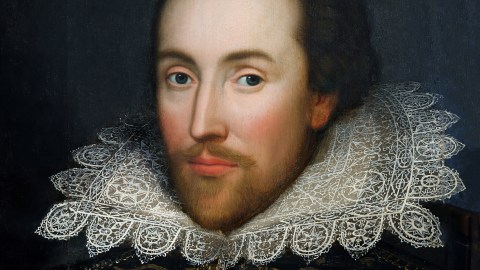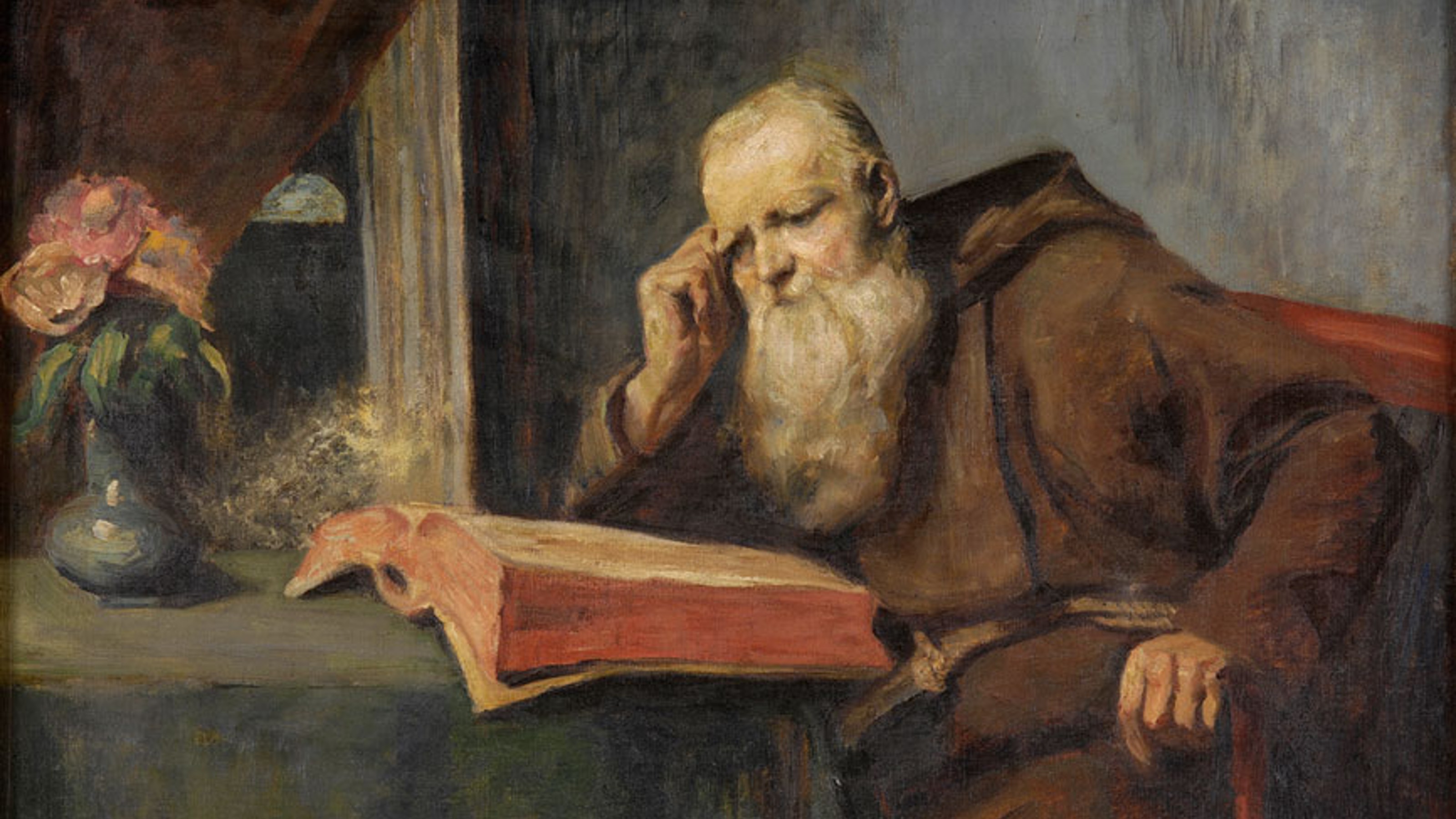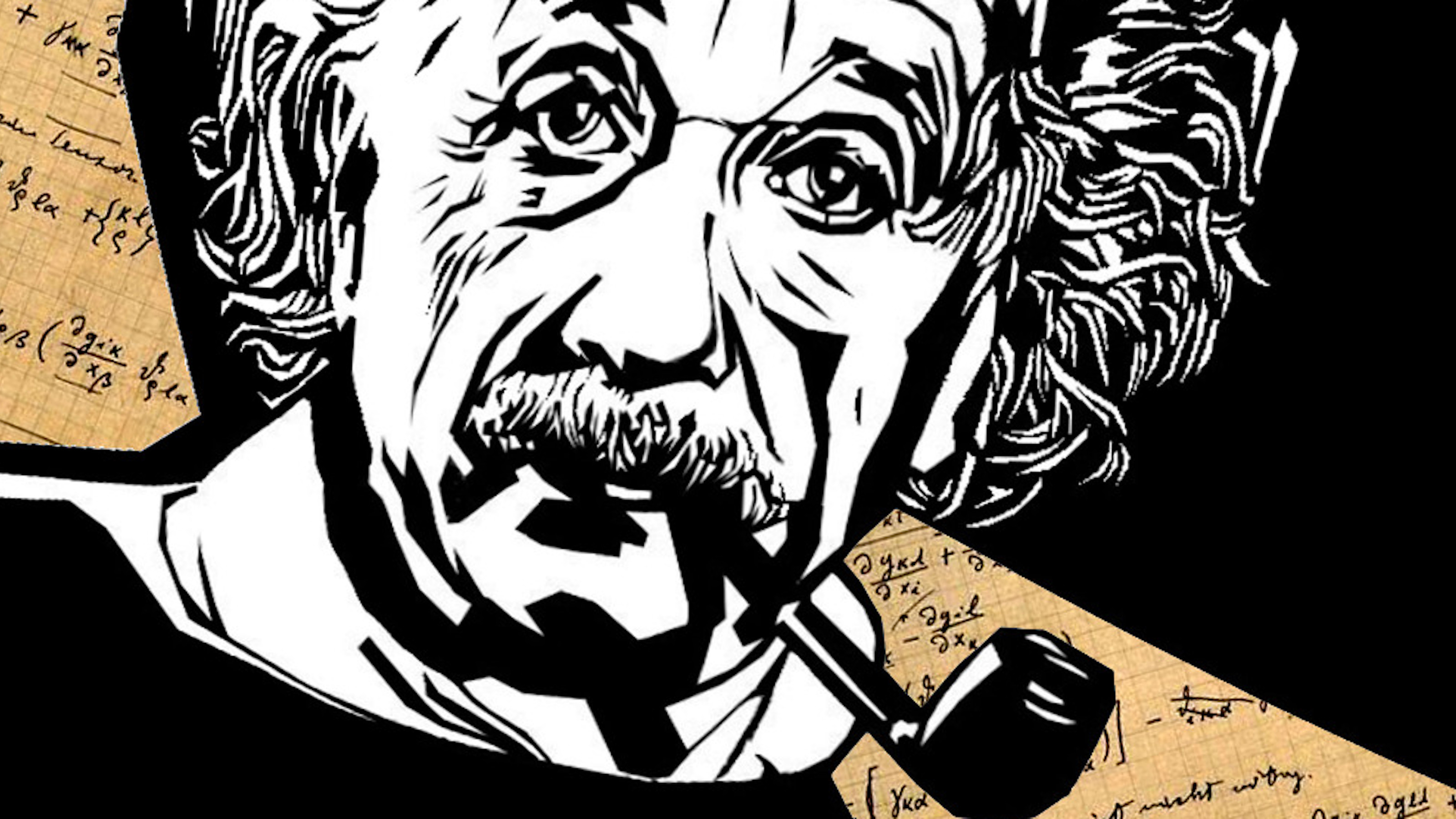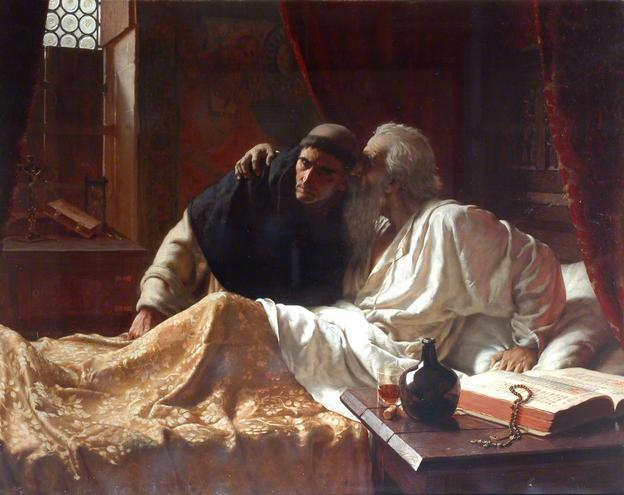Why Abraham Lincoln and the world’s greatest leaders adore Shakespeare

- Abraham Lincoln carried cheap reprints of Shakespeare’s plays with him in his early circuit-riding days.
- Winston Churchill adored Shakespeare.
- Shakespeare explores the foibles and the greatness of human beings — essential knowledge for all aspiring leaders.
On August 17, 1863, not long after the Battle of Gettysburg, Abraham Lincoln wrote a letter to James H. Hackett, an American actor of some note in both the United States and Great Britain. Lincoln admired Hackett’s portrayal of Falstaff, but his letter grew particularly effusive when he described his love of Shakespeare’s broader body of work: “Some of Shakspeare’s [sic] plays I have never read; while others I have gone over perhaps as frequently as any unprofessional reader. Among the latter are Lear, Richard Third, Henry Eighth, Hamlet, and especially Macbeth. I think nothing equals Macbeth. It is wonderful.”
He concluded by inviting Hackett to visit him in the White House. When Hackett did so, however, he was treated to a presidential chewing out for having omitted the play scene between Prince Hal and Falstaff in his recent performance of Henry IV, Part 1. The hapless actor learned, as have many since, that practicing politicians, including those of the first rank, have found in Shakespeare not merely diversion but truths about their chosen profession. He also learned that some of them do not take kindly to the cutting of their favorite scenes.
Lincoln had, like many on the frontier, been exposed to few books — but those he was able to acquire and read, he mastered. And one of those select volumes, for him as for so many others, was an edition of the collected works of Shakespeare. He carried cheap reprints of the plays with him in his early circuit-riding days and read and reread the plays to his final days, declaiming favorite speeches. During the war he often read aloud from Shakespeare to his somewhat bewildered young secretary John Hay, who noted his particular fascination with Richard II’s nervous collapse in Act 3 of that play: “For God’s sake let us sit upon the ground / And tell sad stories of the death of kings.”

Later in the war, Lincoln visited the former Confederate capital, Richmond, newly occupied by Union forces. There he witnessed the devastation of the fires that swept the city as rebel forces retreated and was acclaimed by the formerly enslaved citizens of the town, now freed by Ulysses S. Grant’s army. On the steamer bringing him back to Washington, DC, he read this passage from Macbeth to his fellow passengers:
Better be with the dead
Whom we, to gain our peace, have sent to peace,
Than on the torture of the mind to lie
In restless ecstasy. Duncan is in his grave:
After life’s fitful fever, he sleeps well.
Treason has done his worst: nor steel nor poison,
Malice domestic, foreign levy, nothing,
Can touch him further.
Five days later, treason indeed did its worst in Ford’s Theatre.
Why did Lincoln turn to Shakespeare? Fred Kaplan, in his study of Lincoln as a writer, says that Shakespeare was his “secular Bible,” for in Shakespeare — whom Lincoln preferred to read rather than see on stage — could be found all the foibles and greatness of human beings. Shakespearean rhetoric was the stuff of elocution primers of the time, which Lincoln surely knew well. Shakespearean tropes were common in political discourse. With an exceptionally retentive memory, he could reel off lines of Shakespearean speeches, and phrases found their ways into his own oratory.
Practicing politicians, including those of the first rank, have found in Shakespeare not merely diversion but truths about their chosen profession.
But it is significant that the plays he named in the Hackett letter were Lear, Henry VIII, Hamlet, and above all Macbeth. These are all dark plays about men tormented by their relationship to power. In several cases, power leads them up to and even over the precipice of madness. Perhaps his choice of favorite plays mirrored his own preoccupations, obsessions, and temptations, for Lincoln was not merely a powerful man but one who had craved and pursued power, and wielded it to great effect, but with very little personal happiness as a result.
Lincoln, of course, was hardly alone among great democratic statesmen in his devotion to the Bard. Winston Churchill adored Shakespeare, and the British actor Richard Burton once described just how disconcerting it was to perform with him in the audience. He was playing Hamlet at the Old Vic and, shortly before going on, was told “the Old Man” was going to be in the audience. In 1953 there was only one “Old Man,” and soon Burton found himself onstage, with Churchill only a few yards away in the front row. To his consternation he heard a rumble accompanying each of his lines: it was Churchill reciting Hamlet’s speeches along with him. No matter whether he spoke slower or more quickly, “I could not shake him off,” he recalled, and whenever the director had cut bits from the play, there was an eruption. Shaken, Burton returned at the intermission to his dressing room, to be startled by a knock: “My Lord Hamlet,” Churchill said with a bow, “may I use your lavatory?”





